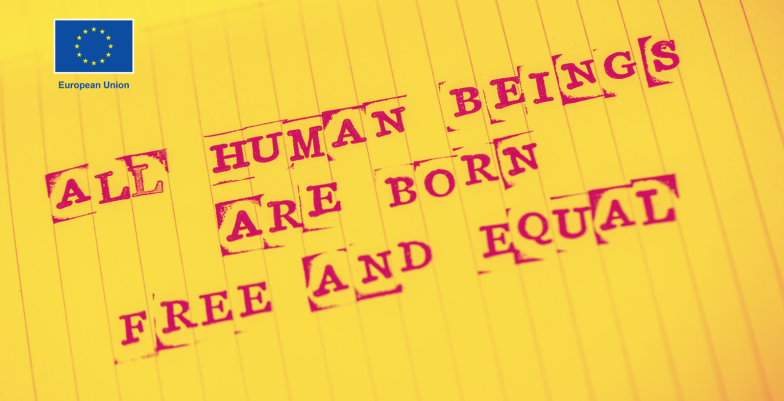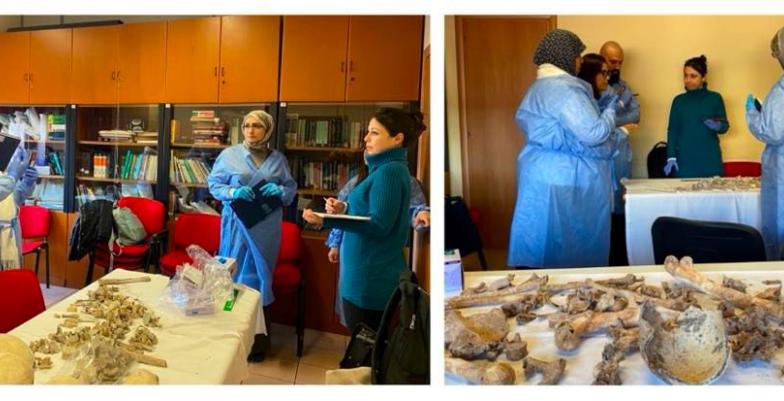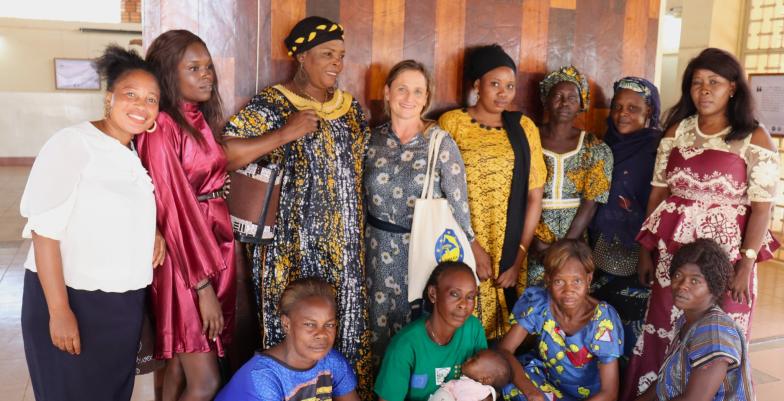Science diplomacy at EU level
At the EU level, science diplomacy has gained a lot of prominence in recent years, most recently through the call by the Competitiveness Council to develop a European Science Diplomacy Agenda. In fact, the term “science diplomacy” appeared for the first time already in the 2012 Commission Communication “Enhancing and focusing EU international cooperation in research and innovation: A strategic approach”, which stated that science diplomacy will “use international cooperation in research and innovation as an instrument of soft power and a mechanism for improving relations with key countries and regions. Good international relations may, in turn, facilitate effective cooperation in research and innovation”.
This concept was further developed in the Communication “Open Innovation, Open Science, Open to the World: A Vision for Europe” (2016), which stated: “International research and innovation cooperation leading to common standards, scientific exchange and mobility, the sharing of resources and facilities, and scientific advice to diplomats and diplomat scientists should help underpin good governance and policy-making and build mutual understanding and trust”.
In 2017, the European Commission commissioned the study “Tools for an EU Science Diplomacy” authored by the Belgian expert Luk Van Langenhove, who concluded that science diplomacy efforts in Europe remain largely uncoordinated. The study therefore called for a proper EU science diplomacy strategy and related action plan to underpin the Common Foreign and Security Policy.
In the following years the European Commission funded three dedicated research projects under the Horizon 2020 programme, namely Using Science for/in Diplomacy for Addressing Global Challenges (S4D4C), Inventing a Shared Science Diplomacy for Europe (InsSciDE), and European Leadership in Cultural, Science and Innovation Diplomacy (EL-CSID), all of which significantly enhanced our understanding of European science diplomacy, explored options and developed training material as well as position papers such as the Madrid Declaration on Science Diplomacy. This has led to the establishment of the EU Science Diplomacy Alliance, gathering some of the most important academic players in the field. Efforts to build up science diplomacy capacities are also underway at regional and local level as demonstrated by the establishment of the SciTech DiploHub in Barcelona.
Further input was delivered by the Science Diplomacy Task Force of the Strategic Forum for International S&T Cooperation (SFIC), which in early 2020 prepared an Input Paper demanding to “promote a clearer and more strategic role of EU Science Diplomacy”, and suggesting Inter alia the development of an EU Science Diplomacy Platform and Roadmap.
In May 2021, the European Commission presented its new strategy for international cooperation in science & technology, the Global Approach to Research and Innovation. The communication reaffirmed the EU’s openness for cooperation based on common values in order to tackle global challenges jointly, in areas such as climate change, the digital transition, and health. At the same time, the communication demanded reciprocity and a level playing field as a basis for the building of trust with international partners, and stressed that “a stronger focus on science and technology in the EU’s foreign and security policies in terms of ‘Science Diplomacy’ would help the EU to project soft power and pursue our economic interests and values more effectively, meeting demand and interest from partner countries and playing to the EU’s strengths as a research and innovation powerhouse.”
In its Conclusions on the Communication of the Commission on the Global Approach to Research and Innovation (28/09/2021), the Competitiveness Council highlighted the importance of integrating the Global Approach in research and innovation in the Union’s external action and underlined the need for a permanent, close and constructive engagement between the Commission, the Council, the Member States and the EEAS in designing, implementing and evaluating approaches and actions of international research and innovation cooperation. Most importantly, the Council called on the Commission and the European External Action Service to “develop a European Science Diplomacy Agenda and to present it to the Council, to explore designating science focal points in order to ensure adequate capacities for science in Union delegations, to foster cooperation with Member States’ science counsellors in third countries, […] and to report to the Council on their progress by 2023.”








